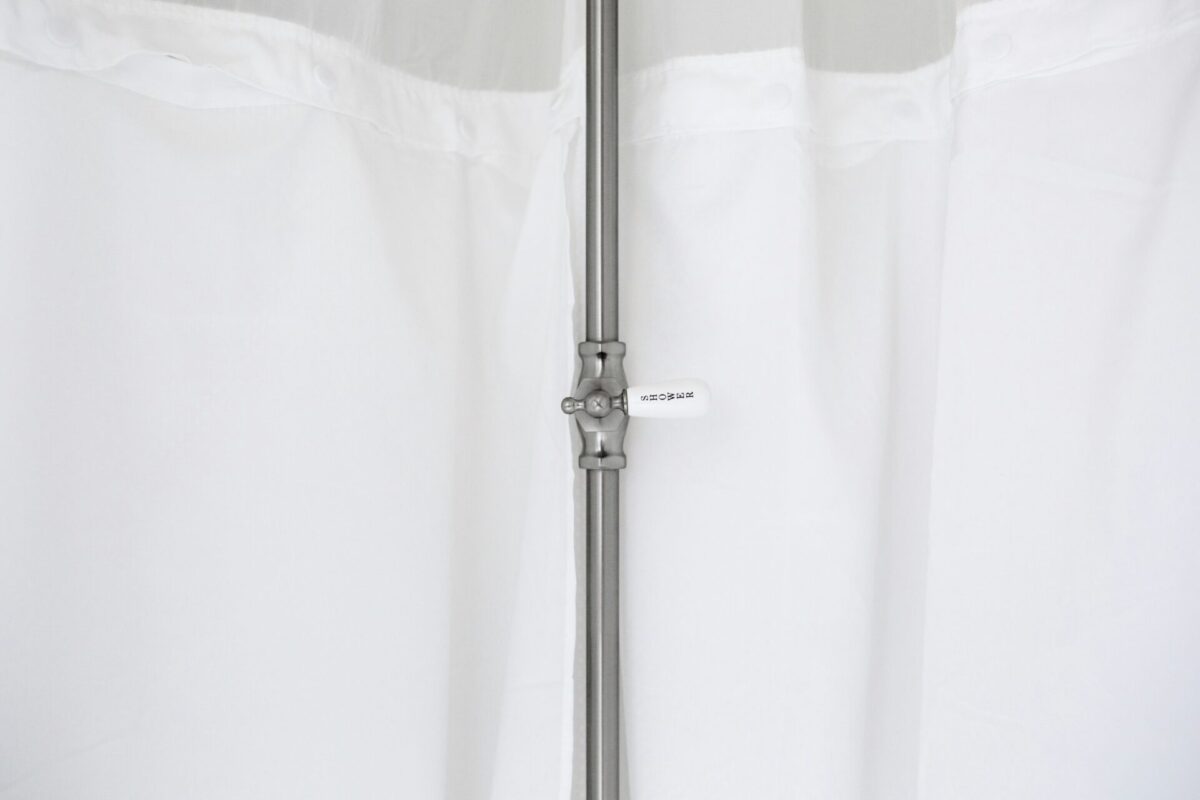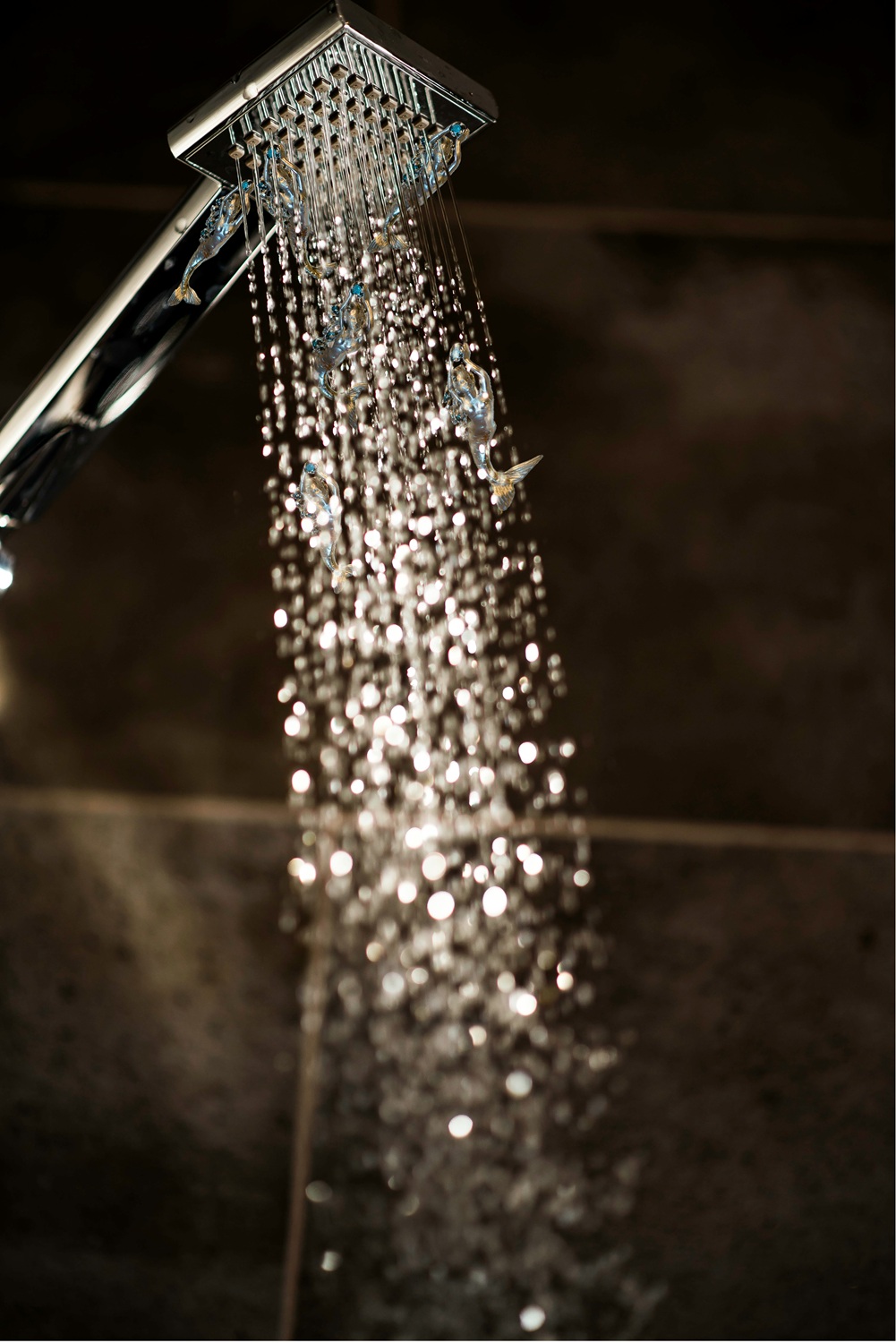There’s nothing more frustrating than stepping into what you expect to be a hot shower, only to be greeted by a blast of cold water—especially in the middle of a scorching Phoenix summer. For many homeowners, running out of hot water seems to happen at the most inconvenient times, leaving everyone in the household scrambling for a solution. This common issue can stem from a variety of factors, from the size and condition of your water heater to high household demand and hidden plumbing problems. In this post, we’ll explore the most common reasons your hot water may be disappearing too quickly, share practical tips to improve your hot water availability, and explain when it’s time to call in a professional plumber to ensure your home stays comfortably warm all year long.
Common Causes of Running Out of Hot Water
One of the most common reasons for running out of hot water is simply having a water heater that’s too small for your household’s needs. Water heaters come in different sizes, and a typical family of four may quickly deplete a 40-gallon tank if everyone showers, runs the dishwasher, and does laundry around the same time. If your household’s hot water usage exceeds the capacity of your tank, you’ll notice that the supply runs out faster than expected, leaving you with cold showers and frustrated family members.
Sediment build-up inside your water heater can also dramatically reduce its efficiency. In Phoenix, where hard water is common, minerals like calcium and magnesium can accumulate at the bottom of the tank over time. This layer of sediment acts as an insulator between the heating elements and the water, slowing down the heating process and reducing the tank’s effective capacity. Over time, this can lead to frequent hot water shortages and even damage your water heater if left untreated.
Faulty heating elements or a malfunctioning thermostat can be another culprit, particularly for electric water heaters. If the heating elements fail or the thermostat is not accurately regulating the water temperature, your water may not reach the desired heat, or it may run out faster than usual. Common signs include uneven water temperatures, lukewarm showers, or water that heats slowly after being depleted.
Leaks in the plumbing system, whether in the water heater itself or in the pipes connected to it, can also cause a rapid loss of hot water. Even small leaks can allow hot water to escape, reducing the amount available for daily use. Regularly inspecting visible pipes and connections for signs of moisture or corrosion can help you catch leaks early before they impact your hot water supply.
High household demand is another factor that can leave you shivering under the shower. When multiple showers, appliances, or laundry cycles run simultaneously, the water heater may struggle to keep up. Staggering showers or appliance use can help, but in households with consistently high demand, upgrading to a larger tank or a tankless system may be the most effective solution.
Finally, the age of your water heater plays a significant role in hot water availability. Most water heaters in Phoenix last between 8 and 12 years, and as they age, they become less efficient at heating water and maintaining a steady supply. If your water heater is approaching the end of its lifespan, it may be time to consider a replacement to ensure your home never runs out of hot water again.
Solutions and Preventative Measures
One of the most effective ways to prevent running out of hot water is to upgrade your water heater to better meet your household’s needs. If your current tank is too small, a larger tank can provide the extra capacity needed for simultaneous showers, laundry, and dishwasher use. Alternatively, a tankless water heater offers an on-demand solution, heating water only when you need it and providing a continuous supply. While the initial investment may be higher, tankless systems often save money in the long run through energy efficiency and reduced water waste.
Regular maintenance is another key factor in keeping your water heater operating efficiently. Flushing your tank periodically helps remove sediment build-up, restoring heating efficiency and extending the life of your water heater. For electric models, inspecting heating elements and thermostats ensures they are functioning correctly and maintaining the right water temperature. Routine maintenance can prevent unexpected shortages and costly repairs down the line.
Addressing leaks promptly is equally important. Even small leaks can drain hot water and reduce the efficiency of your water heater. Checking both the tank and the connected plumbing for leaks can save water, energy, and frustration. If you notice damp spots, corrosion, or puddles around your water heater or pipes, it’s time to call a professional.
Finally, adopting smart usage habits can help maximize your hot water supply. Staggering showers and appliance use, installing low-flow faucets and showerheads, and being mindful of overall water consumption can make a noticeable difference. These simple steps not only help ensure there’s enough hot water for everyone but also contribute to lower water and energy bills.
When to Call a Professional Plumber
While some hot water issues can be addressed with simple maintenance or usage adjustments, there are times when it’s best to call a professional plumber. If you notice strange noises coming from your water heater, inconsistent water temperatures, or frequent hot water shortages despite proper use, these could be signs of a more serious underlying problem. Attempting to fix complex issues without proper knowledge can lead to further damage or safety hazards, particularly with gas or electric water heaters.
A licensed plumber can quickly diagnose the root cause of your hot water problems and recommend the most effective solution, whether it’s repairing a faulty heating element, replacing a thermostat, fixing leaks, or upgrading your water heater entirely. In Phoenix, where hard water and high temperatures can accelerate wear and tear on plumbing systems, professional inspections are especially valuable for preventing costly emergency repairs and ensuring reliable hot water year-round.
At Code Blue Plumbing, our team of experienced technicians specializes in water heater repair, replacement, and maintenance. We can help you determine the right system size, address efficiency issues, and ensure your home has a consistent supply of hot water for every shower, bath, and appliance. Don’t let a cold shower ruin your day—expert help is just a call away.
No Hot Water? Call Code Blue Plumbing
Running out of hot water can be frustrating, but understanding the common causes—like undersized tanks, sediment build-up, faulty components, leaks, high demand, and aging water heaters—can help you take the right steps to prevent it. Simple solutions such as regular maintenance, smart usage habits, and timely repairs can make a significant difference in maintaining a steady hot water supply.
For Phoenix homeowners, dealing with hard water and high temperatures makes professional guidance especially important. If you’re experiencing frequent hot water shortages or suspect a problem with your water heater, don’t wait for a complete system failure. The experienced team at Code Blue Plumbing can diagnose the issue, recommend effective solutions, and ensure your home enjoys a reliable, continuous supply of hot water. Contact us today to schedule an inspection or service and never worry about running out of hot water again.


